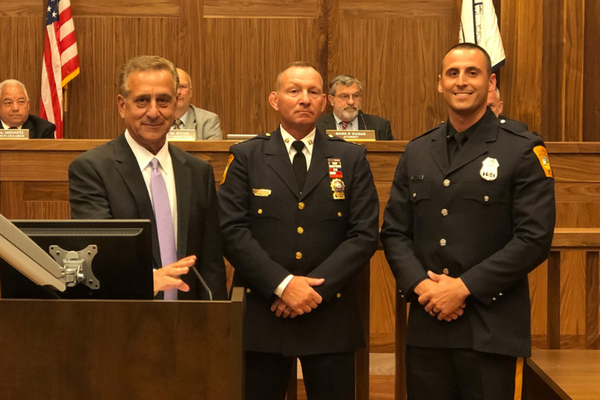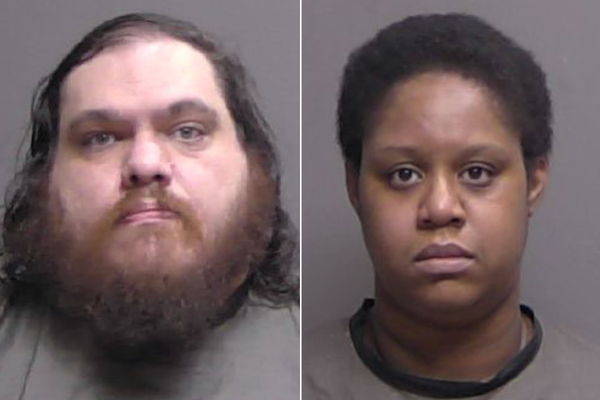
The trial of two men charged with causing the deaths of 80 people in Spain’s deadliest train crash in decades has begun, with one of the defendants being punched as tensions boiled over outside the courtroom.
Francisco José Garzón, who was driving the high-speed train when it crashed near the north-west Spanish city of Santiago de Compostela on 24 July 2013, faces four years in prison if convicted, as does Andrés Cortabitarte, a former safety director at Spain’s state-owned rail infrastructure company, Adif.
The pair are charged with 80 counts of manslaughter by gross professional negligence, 145 offences of injury and one offence of damage.
Cortabitarte entered the court through a back door to avoid facing reporters and victims of the crash, who were demonstrating in the front of the building. But a protester punched him in the back when he later left through the front door. Spanish national television aired video footage that showed demonstrators screaming insults at him.
A spokesperson for the victims’ families told El País that while they opposed any kind of violence, “you have to understand the pain of a father who lost his daughter and who feels helpless”.
An investigation into the derailment, which injured 145 people, showed the train was travelling at 179km/h (111mph) on a stretch with an 80km/h (50mph) speed limit when it left the tracks.
All 13 carriages were derailed and at least three caught fire. Some were thrown 15 metres from the track and landed on the other side of a retaining wall beside a row of houses.
The investigation also revealed Garzón answered a phone call from the conductor just seconds before the crash.
The driver’s lawyer, Manuel Prieto, said on Wednesday that missing signposts on the stretch of railway line where the accident occurred and other inadequate safety measures had triggered the derailment, not his client’s phone call. Neither Cortabitarte nor his representatives commented on the case.
Adif confirmed days after the crash that an automatic braking system was installed on most of the track leading from Madrid north to Santiago de Compostela, but said the coverage stopped 5km (3 miles) south of the accident site, placing a greater onus on the driver.
A group representing victims of the crash, the Alvia 04155 Victims Platform, said it expected the trial to show that Adif bore more responsibility for the derailment than the driver.
“The only way, unfortunately, for it not to happen again is for Adif to be convicted,” Jesús Dominguez, a spokesperson for the platform, told the Voz de Galicia newspaper.
The association also said it had taken far too long for the case to come to trial. “Some of the victims and relatives have died over the years. For them, there will never be justice and unfortunately nothing can be done,” the group said in a statement reported by the Spanish state news agency EFE.
The trial, held in a cultural centre, is expected to last months, with more than 700 witnesses and experts taking the stand.







